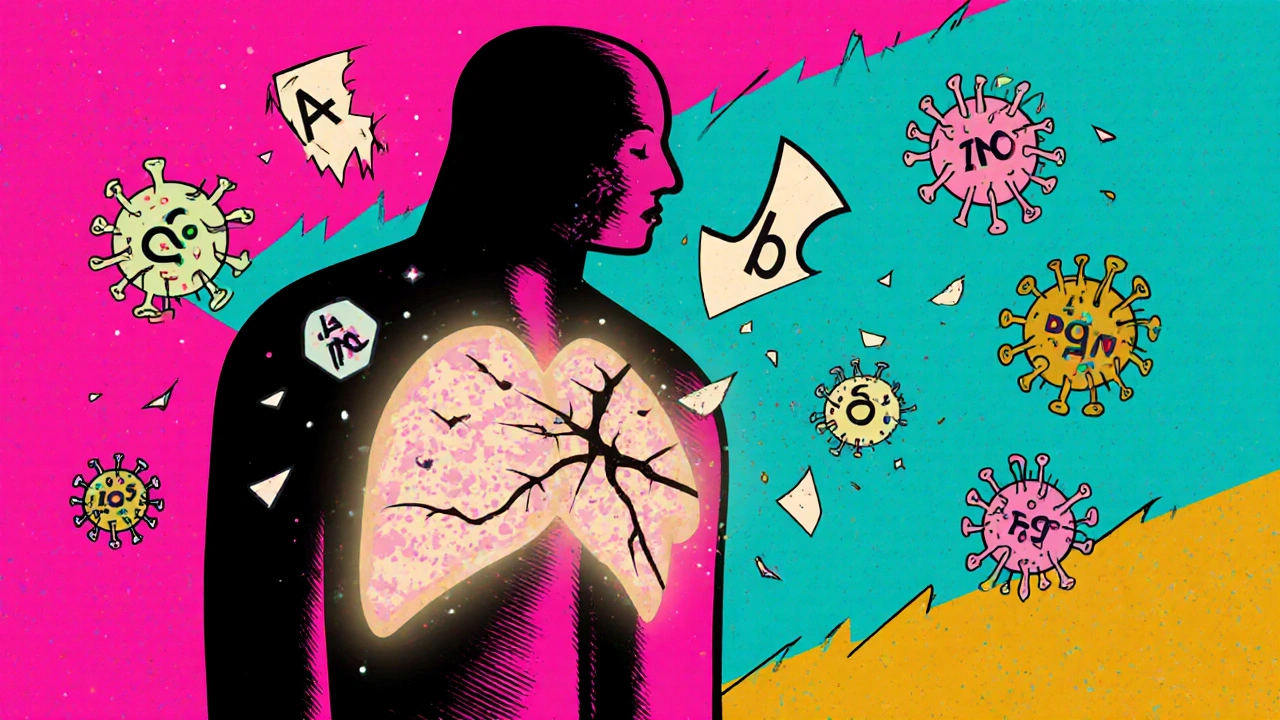Primary Immunodeficiency: Causes, Signs, and What You Need to Know
When your body can’t fight off even common germs, it’s not just bad luck—it might be primary immunodeficiency, a group of inherited disorders where the immune system is missing or malfunctioning from birth. Also known as inborn errors of immunity, this isn’t something you catch—it’s something you’re born with. Unlike secondary immune problems caused by HIV, chemo, or aging, primary immunodeficiency comes from genetic flaws that break key parts of your body’s defense system. Think of it like a security system with missing sensors or broken alarms: you might not notice until someone actually breaks in—and in this case, the intruders are bacteria, viruses, and fungi that healthy people shrug off.
People with this condition often get the same infections over and over: sinus infections that won’t quit, pneumonia every winter, ear infections in kids, or fungal rashes that don’t respond to cream. Some have digestive issues, autoimmune disorders, or even rare cancers early in life. The most common types involve antibody deficiency, where the body doesn’t make enough protective proteins called immunoglobulins. Others have trouble with white blood cells that hunt down invaders, or defects in the signaling that tells immune cells when to act. These aren’t abstract concepts—they show up as missed school days, hospital visits, and antibiotics that stop working after a few rounds.
What’s surprising is how many cases go undiagnosed for years. Doctors might call it "just a weak immune system" or blame it on stress or poor hygiene. But if you’ve had four or more ear infections in a year, two or more serious sinus infections, or need IV antibiotics more than twice, it’s time to ask about immunoglobulin therapy, a treatment that replaces missing antibodies through regular infusions or injections. It doesn’t cure the root problem, but it lets people live full lives—go to school, work, travel—without living in fear of the next infection.
The good news? We know more now than ever. Blood tests can spot specific immune gaps, genetic screening can confirm the type, and targeted treatments are getting better every year. You won’t find one magic pill, but you can find a plan. Below, you’ll see real-world guides on managing infections, tracking medications, understanding side effects of immune treatments, and spotting warning signs before things get serious. This isn’t theory—it’s what people with primary immunodeficiency and their families actually need to stay healthy.
Common Variable Immunodeficiency: Understanding Antibody Deficiency and Modern Treatment Options
Common Variable Immunodeficiency (CVID) is a genetic disorder that causes low antibody levels, leading to frequent infections and long-term health risks. Learn how immunoglobulin therapy helps manage symptoms and improve life expectancy.
© 2026. All rights reserved.

